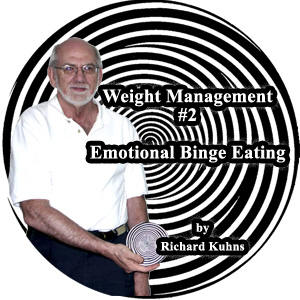Compulsive Eating Disorder
In this paper we argue that compulsive overeating has compelling similarities to conventional drug addiction. Our case is based on their comparable clinical features, the biological mechanisms they have in common, and on evidence that the two disorders have a shared diathesis. In making the argument for overeating as an addictive behaviour, it is clearly not appropriate to include all cases of excessive food consumption in this taxon. Nor are we claiming that obesity and addiction are one and the same. However, it is proposed that Binge Eating Disorder (BED) is a phenotype particularly well-suited to such a conceptualization, and that sound clinical and scientific evidence exists to support this viewpoint. We have provided some recommendations for treatment modifications that recognize the similarities between treating drug dependence and compulsive overeating. In addition to binge eating, compulsive overeaters can also engage in
grazing behavior, during which they return to pick at food throughout
the day. These things result in a large overall number of calories
consumed even if the quantities eaten at any one time may be small. When
a compulsive eater overeats primarily through bingeing, he or she can
be said to have binge eating disorder. Left untreated, compulsive overeating can lead to serious medical conditions including high cholesterol, diabetes, heart disease, hypertension, sleep apnea, and major depression. Additional long-term side effects of the condition also include kidney disease, arthritis, bone deterioration and stroke.
Other negative effects may include the amount of money that is wasted
on food and the feelings of low self-esteem that comes as a result of
bingeing.








No comments:
Post a Comment